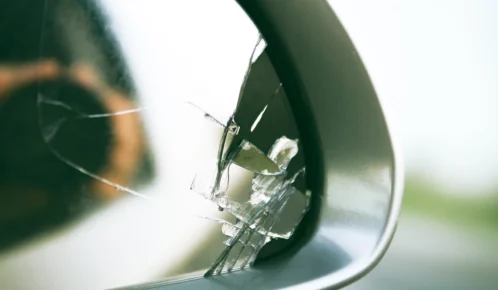Medical malpractice – one of the most common types of personal injury lawsuits – occurs any time a doctor, hospital, mental health care professional, or other health care provider fails to provide adequate medical care.
Table of Contents
Mental health malpractice often involves allegations that a mental health professional could have avoided or minimized a situation if he or she had recognized and properly treated the patient. Examples of common mental health malpractice claims include:
- Sexual impropriety
- Inadequate or incorrect treatment
- Breach of confidentiality
- Misdiagnosis
- Defamation or slander
- Patient suicide
- Improper administration of prescription drugs
Mental health malpractice claims are often more challenging and difficult to prove than other types of personal injury lawsuits. Like other personal injury claims, however, a skilled Illinois personal injury lawyer can significantly improve the likelihood of successfully pursuing a mental health malpractice claim.
What Do You Need to Prove to Bring a Successful Mental Health Malpractice Claim?
Mental health malpractice claims are a subset of personal injury claims. Like other personal injury claims, they are based on the law of negligence. To have a successful negligence claim against your doctor, therapist, or psychiatrist, the following must have been at play:
- Duty of Care. You need to show that the doctor, psychiatrist, or mental health professional owed you a duty of care. In most circumstances, medical professionals owe their patients a duty of care to follow established medical guidelines and make reasonable decisions.
- Breach of Duty of Care. You must show that the mental health professional failed to meet their duty of care. You might establish this by showing evidence that you or your loved one repeatedly said that the medication was not working or that it was causing serious side effects, but the mental health professional did nothing.
- Injury. You need to show that you or your loved one suffered from an injury. This could be serious adverse side effects and complications. Sadly, sometimes mental health malpractice leads to suicide. Surviving family members may be able to bring a claim on behalf of their loved one.
- Causation. You must prove that there is a causal link between the mental health professional’s breach of duty and the subsequent injury. Put another way, you need to show that things may have been different if the mental health professional had acted another way.
How Can an Attorney Help You Bring a Mental Health Malpractice Claim?
A psychiatric malpractice lawyer may help you meet the statute of limitations for medical malpractice and to uncover the evidence you have to prove your case. He or she may also negotiate a settlement or file and defend a lawsuit in court on your behalf.
At Ankin Law, our skilled Chicago medical malpractice lawyers provide the following services:
- Help you get the appropriate medical attention, including the appropriate mental health care.
- Fully investigate the facts surrounding your mental health malpractice claim.
- Explain your legal rights and options, along with the pros and cons of each option.
- Ensure that statute of limitation deadlines are met so that you preserve your legal rights.
- File the necessary legal documents to pursue a mental health malpractice claim.
- Appear in court to advocate on your behalf.
If you suspect that you were the victim of mental health malpractice, you may be able to recover damages in a personal injury lawsuit. Contact our dedicated mental health malpractice attorneys at (312) 600-0000 to schedule a free consultation to learn more about a possible personal injury lawsuit.



